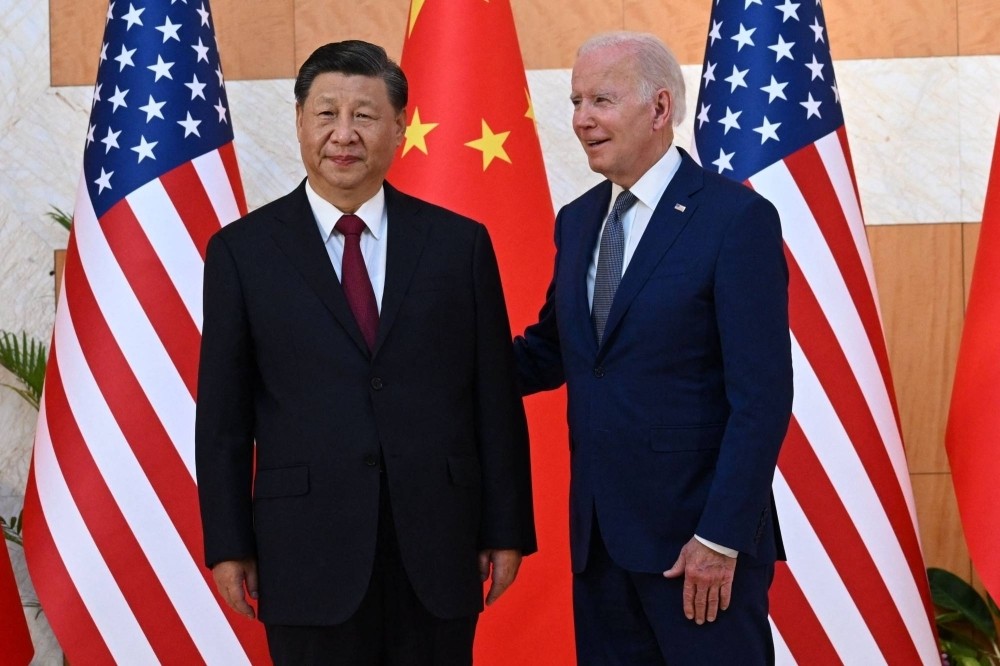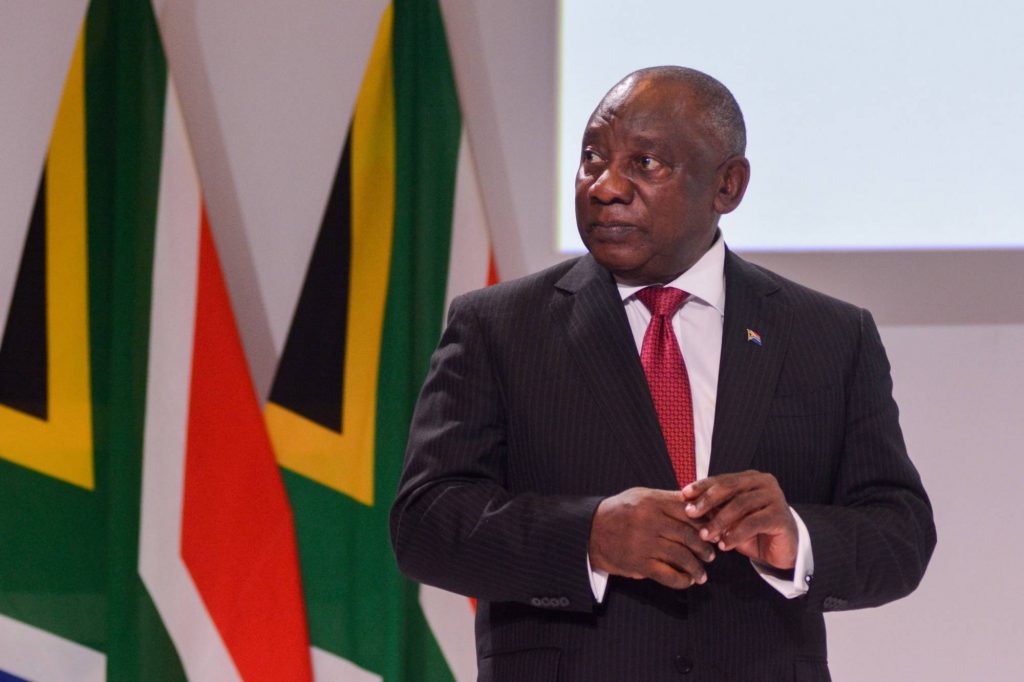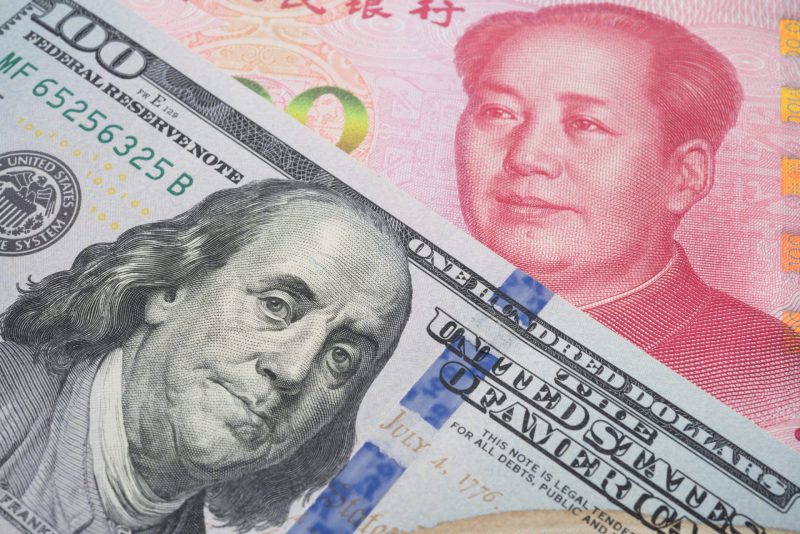In a continuation of the BRICS de-dollarization plans, a host of African nations are seeking to increase holdings in China’s yuan, thereby ditching the US Dollar. Specifically, the yuan has emerged as an answer to increasing debt repayment concerns. Moreover, its presence in the continent has become undeniable.
China has perceived an increased presence in Africa as a crucial benefit to its de-dollarization campaign. Additionally, African nations like South Africa, Egypt, and Ethiopia are already included in the alliance. Moreover, plenty of other African countries are seeking inclusion in the bloc. Subsequently, it is likely connected to the continued global economic shift taking place.


Also Read: BRICS: HSBC Predicts the Future of the U.S. Dollar
Africa Increasing Focus on Chinese Yuan as it Abandons the US Dollar
Throughout Africa, contemporary circumstances will see various references to the Bank of China (BOC). Indeed, the Chinese-owned bank offers services in Zambia, South Africa, and Kenya’s Nairobi. Subsequently, that is not just a development that marks greater Chinese cooperation, but one that is indicative of a much greater economic shift.
Indeed, one report highlights the BRICS alliance and its impact on African nations seeking more of China’s yuan, and ditching the US Dollar. That partnership, however, is certainly mutually beneficial. Indeed, BOC vice-president Lin Jingzhen visited Zambia at the tail end of last year. There, he discussed the presence of the yuan in Africa.


Also Read: BRICS: Expert Predicts Big Challenges for the US Dollar in 2024
There, Lin said the goal for China was “to support other African Countries to provide holistic products and services related to the yuan and to promote the use of the yuan in bilateral trade and economic activities.” Moreover, this occurred with massive currency deals taking place as the backdrop.
China agreed with Zambia to restructure $6.3 billion worth of Zambian loans. Moreover, Egypt issued three-year panda bonds with 3.5 billion yuan. Additionally, Kenya is considering using similar bonds to accumulate funds to retire a $2 billion Eurobond due in 2024.
Altogether, expanding the presence of the yuan is delivering a greater chance for China. Specifically, the chance to encourage the use of the yuan, and therefore grant the country more foreign policy maneuverability. Ultimately, the development should further the already solidified geopolitical shift. One that is targeting the international presence of the greenback, and threatening that sustained position.





